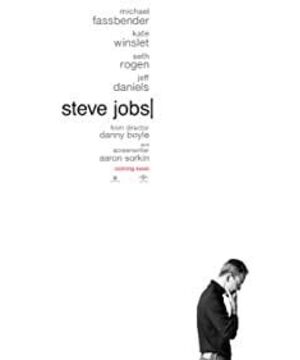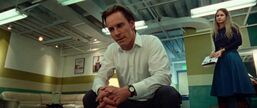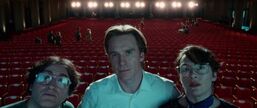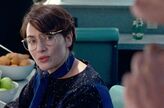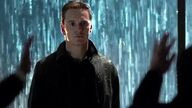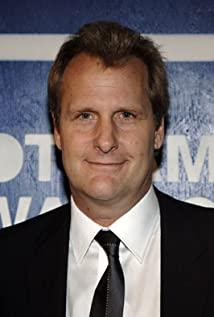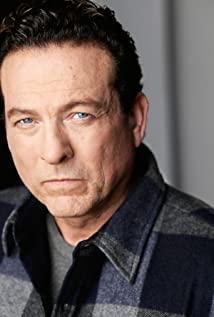"Musicians playing instruments, I played the whole orchestra!"
- music conductor Seiji Ozawa
Steve • Jobs - elite, genius, legend, these titles is enough to prove his greatness, but can not sum up his In life, shooting a biographical film about this genius is not as difficult as designing a new Apple mobile phone. Because the movie cannot slide from the garage where Jobs started to the launch of the Apple mobile phone like a roller coaster, nor can it stand on the height of God and gain insight into every cell in the brain of this genius from an almighty perspective. The movie can only choose an appropriate angle to cut into the legendary life of this genius. Fortunately, Danny Boyer found this perspective for us. He used a surgically precise knife to strip us out of three important moments in Steve Jobs’s life and unveil this legend for us. A certain aspect of the image-the arrogance of genius, the paranoia of reason and the paternal love of blood thicker than water.
The screenwriter Alan Sorkin transplanted the segmented structure of reality and memory that he used in Mark Zuckerberg's biographical film "The Social Network" into this film, with a more fresh and clear three-stage layout As the framework of the story, the three conferences are like the three acts of a stage play, where the intricate relationship between characters and the escalating drama conflicts are concentrated. Alan Sorkin’s script is especially known for his excellent dialogue. Although the characters in this film do not have the superhuman speed of Mark Zuckerberg in "Social Network", the surprising amount of dialogue and intense and fierce debate are enough. List it as one of the "Talking Tuber" movies.
The changes in the relationship between the characters, the conflict of interests, and the advancement of the plot are all hidden in the lines of the characters competing against each other. Director Danny Boyer pays attention to the use of scheduling to improve the smoothness of the dialogue and incite the emotions of the audience. The characters in the film often move back and forth in a fixed space. This highly staged scheduling has evolved through the long shots of tracking and shooting, and only images can have a smooth artistic sense. Editing is also often combined with endless lines. The most impressive part of the movie is the dialogue between Jobs and Apple CEO John Scully who fired him in the second act. The director uses flashback editing here. With the fierce dialogue, the reason and consequence of Jobs being kicked out of Apple were revealed. The editing speed continued to accelerate with the gradual fierce dialogue, and the rapid interlacing of reality and memory created a magical montage.
For "Fruit Fan", this is by no means a qualified biographical film, because there is no exciting and inspirational plot in the film, there is no magical second of genius, even the much-anticipated press conference under the spotlight. Save them all at once. In the three press conferences in the film, only Jobs can be seen behind the scenes busy coordinating family relations, solving temporary technical failures, and dealing with endless disputes with colleagues. When all the contradictions and problems are settled; when the spotlight suddenly lights up, the applause is like a tsunami; when Jobs steps onto the stage with grace, the climax comes to an abrupt end. This inexhaustible plot arrangement expresses the attitude of the film. This is not a movie with the main theme of eulogizing, but a restoration of a real Jobs.
The genius is on the left and the lunatic is on the right. I don’t admit this theory that genius and madman are separated by a single line, but I admit that geniuses often have "crazy" ideas that are beyond ordinary people. It is Jobs who insists on incompatible closed systems and end-to-end control. The concept of Apple has today’s Apple IOS. But the pride brought by Jobs's paranoid thinking and talent is often at odds with the human world and sophistication. This is exactly the aspect of genius portrayed by this film for the spectator. The film integrates the important moments of Jobs' life with artistic processing before the three press conferences. There are persistence to dreams and ideas, the spirit of unremitting struggle after failure, and the alienation of family and friendship caused by paranoia and arrogance.
"You can't write code, you are not an engineer, you are not a designer!"
"I play the whole orchestra!"
When I saw this conversation between Jobs and his friend Wozniak in the film, I was convinced, "Genius is always "Lonely" is not an appreciation for genius, but an excuse for their pride.
View more about Steve Jobs reviews


